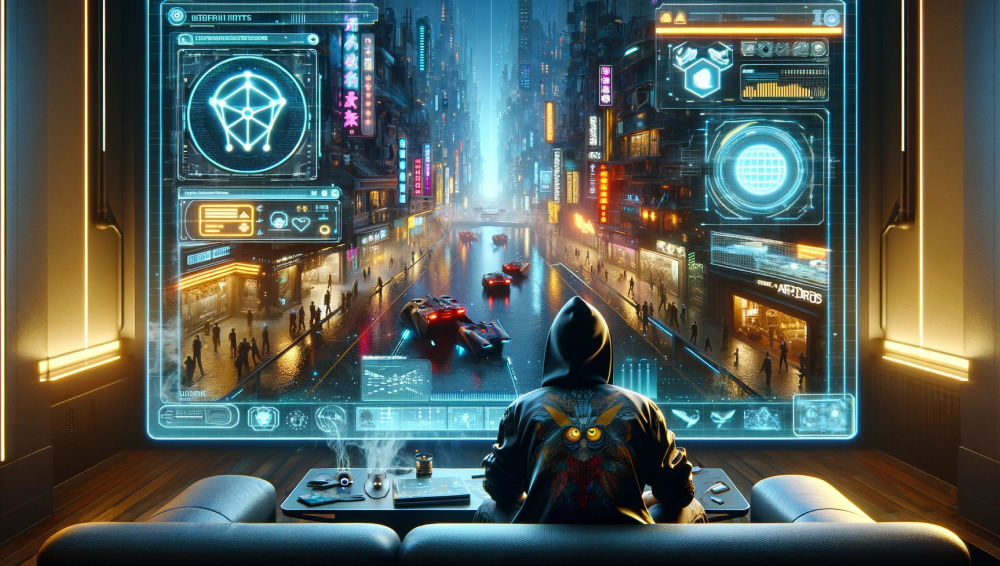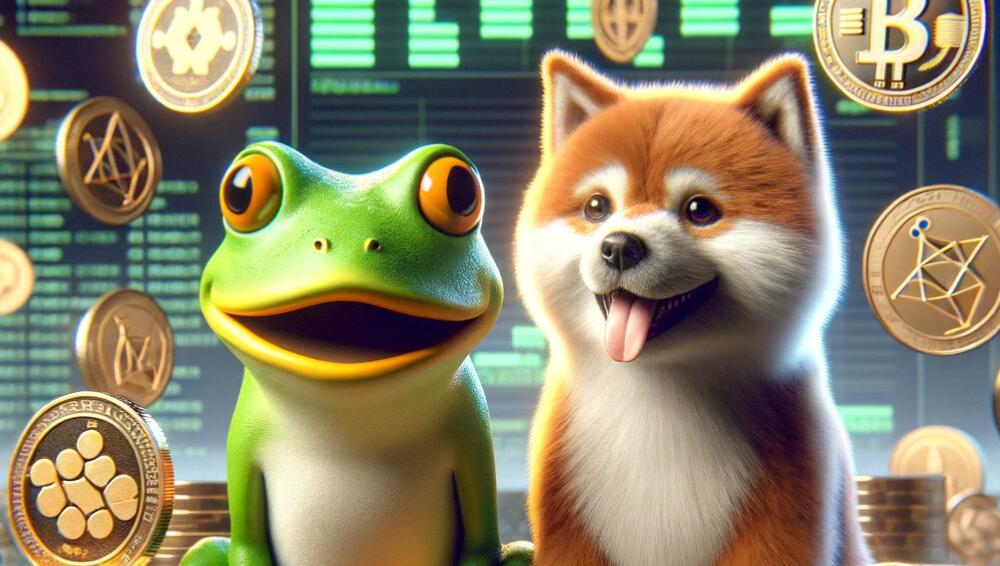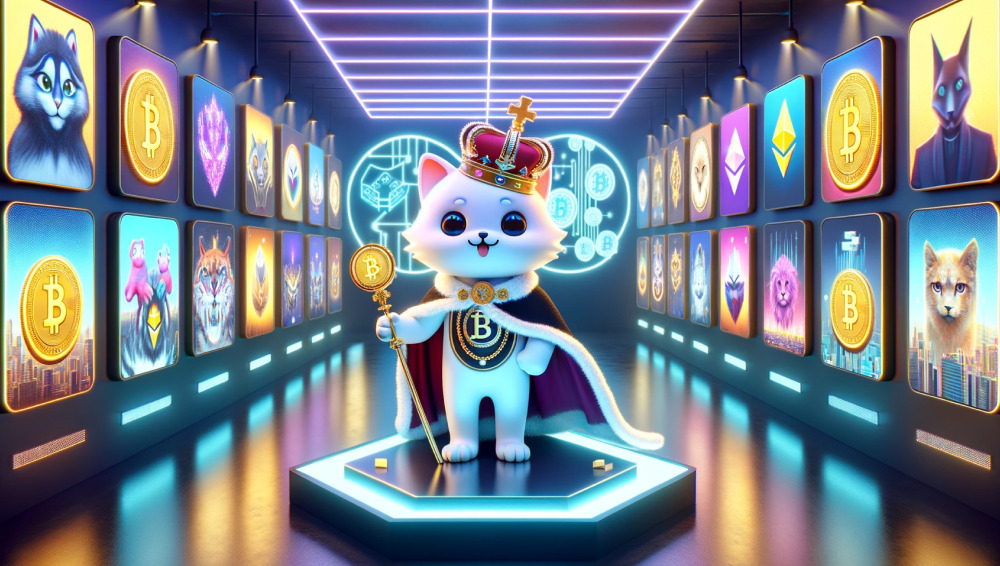Quick Summary:
- Play-to-earn economies has emerged as a result of smart contracts, where people can play games and earn money.
- It is believed that P2E games will eventually surpass traditional games due to their economic opportunities.
Related: What are DeFi, GameFi, and Play-to-Earn Gaming?
With the internet, which has globalized connectivity, technology has played a major role in the modern gig economy. The world wide web has created a multitude of messaging apps, video calling software, and marketplaces that make it easy for people anywhere in the world to communicate and contract.
In the gig economy, employers advertised jobs and found professionals to do them on websites like Elance and Freelancer.com. Online workers emerged – freelance web designers, graphic designers, writers, etc., who could work remotely from anywhere in the world and make a living.
The gig economy has provided many people with a new income stream. It has also enabled people to pursue paid hobbies, like photography, in underserved markets and economies.
Blockchain Evolution
Recent developments have enabled cryptocurrency to become an important facilitator of the gig economy, allowing people to accept funds from overseas clients without using expensive, third-party payment services.
As it eliminates middlemen, the crypto economy could transform the gig economy. A smart contract enforces the movement of funds through software code, eliminating the need for a human intermediary and enabling more complex contractual relationships. The gig economy has a new paradigm.
Play-to-earn economies also emerged as a result of smart contracts, where people can play games and earn money.
A complex virtual economy has long been associated with the world of video games. This is making it an ideal place to reward unique skills and talents. Virtual currencies were introduced into popular games such as World of Warcraft, which could be used to buy various digital items in-game.
Digital assets and blockchain make it possible for players to own digital assets and make money from their gaming efforts.
NFTs In Crypto Games
Essentially, play-to-earn games, also called crypto games, use non-fungible tokens in combination with cryptocurrency. In order to progress and earn rewards, players must purchase NFTs, which represent characters and in-game items.
The game is free to play, but some items, such as characters or weapons, can only be obtained by paying for them. This is similar to traditional free-to-play games. With P2E games, players own their own items, and can sell them to other players.
There are many different characteristics, attributes, and rarities of the NFTs in the game, so some are much more valuable than others.
In this way, P2E promises to become a gig economy extension because these tokens, which can sometimes be won or improved through gameplay, have value.
As physical work opportunities dried up due to stay-at-home orders, P2E games gained a lot of popularity during the COVID-19. Axie Infinity has proven to be an immensely popular hit in the Philippines. Jump.trade caters mostly to Indian gamers.
Many of the best Axie Infinity players claimed that they could earn thousands of dollars each month while playing that game. This replaced their lost incomes and helped to generate multi-million dollar economies.
Conclusion:
It is believed that P2E games will eventually surpass traditional games due to their economic opportunities. It is important to note, however, that the P2E industry does not need to replace traditional gaming to succeed. Rockstar Games will continue to release top titles like GTA for gamers who value gameplay. The P2E industry will also advance, giving developers and gamers alike new ways to profit from Web3.
Disclaimer: This article is provided for informational purposes only. It is not offered or intended to be used as legal, tax, investment, financial, or other advice.





